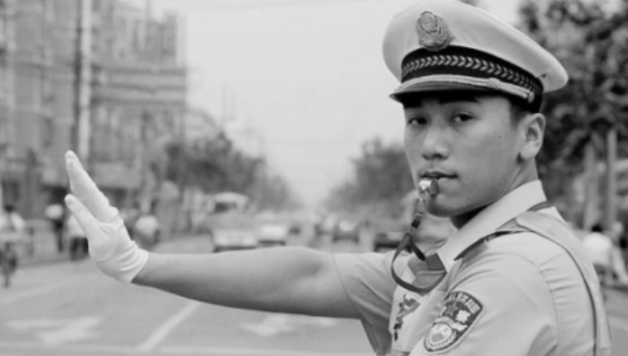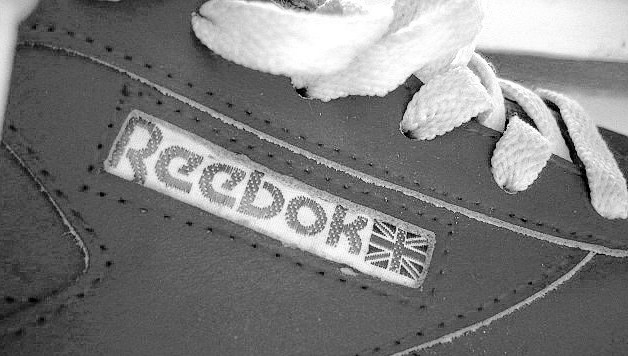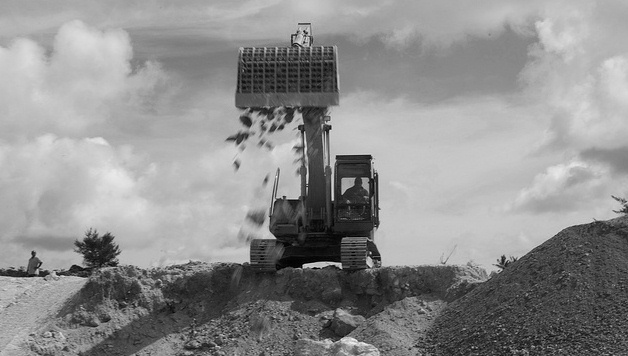The ongoing investigation into the global automotive parts cartel is considered to be the largest in history. At this stage the regulators investing the alleged cartel conduct include the US’ Department of Justice (DoJ), the Japanese Fair Trade Commission (JFTC), the EU’s Directorate-General (DG) for Competition (DG Comp), and the Canadian Competition Bureau (CCB). With current investigations unveiling a worldwide conspiracy in the global auto parts industry, it is likely that other competition regulators (including the ACCC) will pursue investigations.
According to the Global Competition Review (GCR), in their article published 17 February 2012, the investigation started in late 2009 when a whistle blower went to the CCB seeking immunity in exchange for information on the cartel. GCR reports that within two months of the immunity application, the Bureau had gathered enough information to send target letters, requesting other automotive parts suppliers for information. In February 2010 the DoJ, DG Comp and JFTC carried out coordinated dawn raids on approximately 12 companies in the market for wire harnesses and related parts in the US, Japan, Germany, UK and other EU member states.
According to court documents filed in the US District Court for the Eastern State of Michigan in Detroit, Yazaki, DENSO, Hanamura, Kawai, Ogawa, Takada and their co-conspirators agreed during meetings and conversations to allocate their supply of products and to coordinate price adjustments requested by automobile manufacturers in the US and elsewhere. They sold electrical components for cars – including, wire harnesses, instrument panel clusters, fuel senders, electric control units and heater control panels – to car manufacturers around the world at inflated prices, and engaged in meetings and conversations in order to monitor and enforce their agreed bid-rigging and price-fixing scheme. The affected car manufacturers thusfar include Toyota, Honda, Nissan, Daihatsu and Subaru.
The worldwide investigation so far as already secured corporate guilty pleas, surcharge payments and cease-and-desist orders, with fines in the US and Japan amounting close to US$1 billion.
As recently as 4 May 2012, following an investigation by the CBB, Maxzone Canada admitted to a price-fixing agreement with its competitors in relation to the price of aftermarket automotive replacement lights in Canada from January 2004 to September 2008. Maxzone was fined C$1.5 million. The CBB has urged those with more information on the cartel investigation to come forward.
These developments all suggest that regulators have only come across the tip of the iceberg.
With the ACCC’s recent announcement of its 2012 enforcement priorities, including intensifying its engagement with its international peers in order to protect Australian businesses and consumers from cross border malfeasance, it is likely that this sort of international cooperation will be essential to combating global cartels that may operate in Australia.
Photo credit: dylancantwell / Foter / CC BY








